Risk of famine in four countries, warns UN agencies’ report
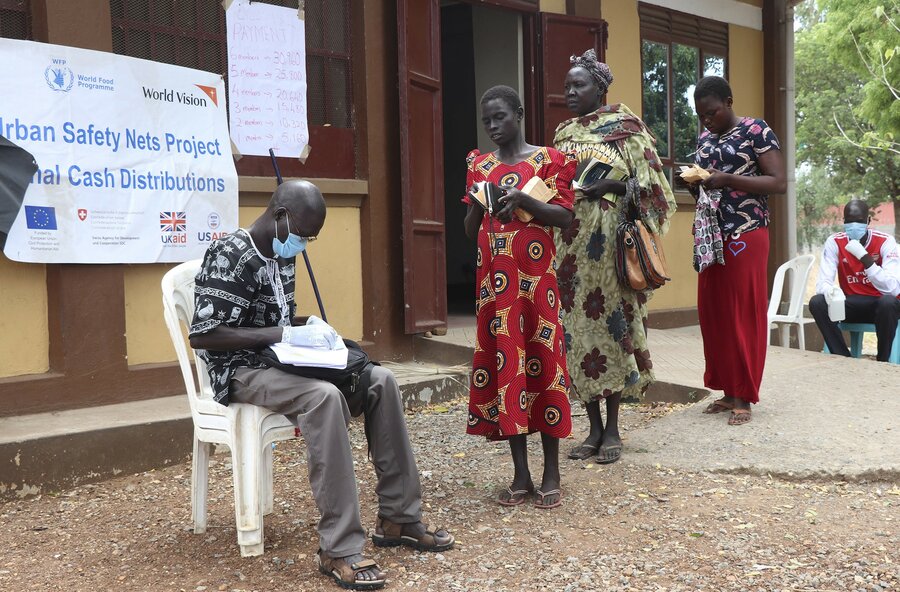
By WFP staff
Vulnerable areas in four countries could slip into famine within months if conditions deteriorate any further, according to a new report by the Food and Agriculture Organization (FAO) and the World Food Programme (WFP).
South Sudan and Yemen, two of the world's biggest ongoing food insecurity emergencies, are being joined by Nigeria's North East and Burkina Faso in West Africa's Sahel region, edging closer to famine.
Philippines: WFP joins collective response to Typhoon Goni
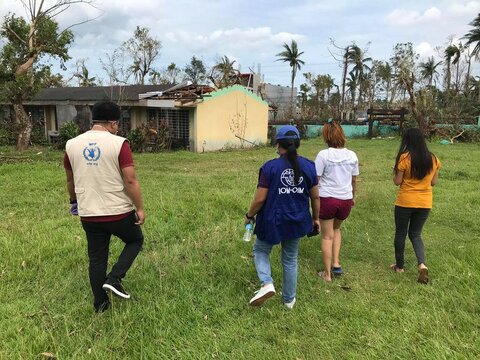
Released today, the ‘FAO-WFP early warning analysis of acute food insecurity hotspots' report outlines a toxic combination of conflict, economic decline, climate extremes and the COVID-19 pandemic, that is driving millions further into the emergency phase of food insecurity.
People in the four hotspots of highest concern are already experiencing a critical hunger situation, with the report warning that escalations in conflict, as well as reductions in humanitarian access, risk the onset famine.
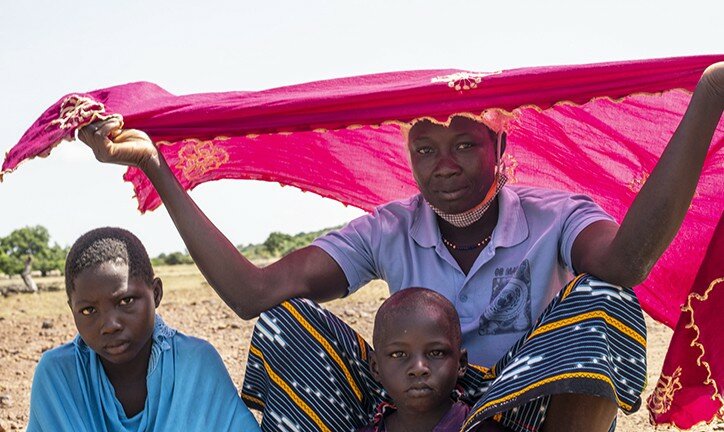
But these four countries are far from being the only red flag on a world map that shows acute food insecurity levels reaching new highs globally, driven by a combination of factors, the report notes. Another 16 countries are at high risk of rising levels of acute hunger.
The study aims to inform urgent action to avoid a major emergency — or series of emergencies — in three to six months from today, WFP has said in a statement.
How the situation evolves in the highest-risk countries will depend on conflict dynamics, food prices, and the myriad impacts of the COVID-19 pandemic on their food systems, the report states. Rainfall, harvests, humanitarian access, and the readiness of donors to continue funding humanitarian operations are also critical.
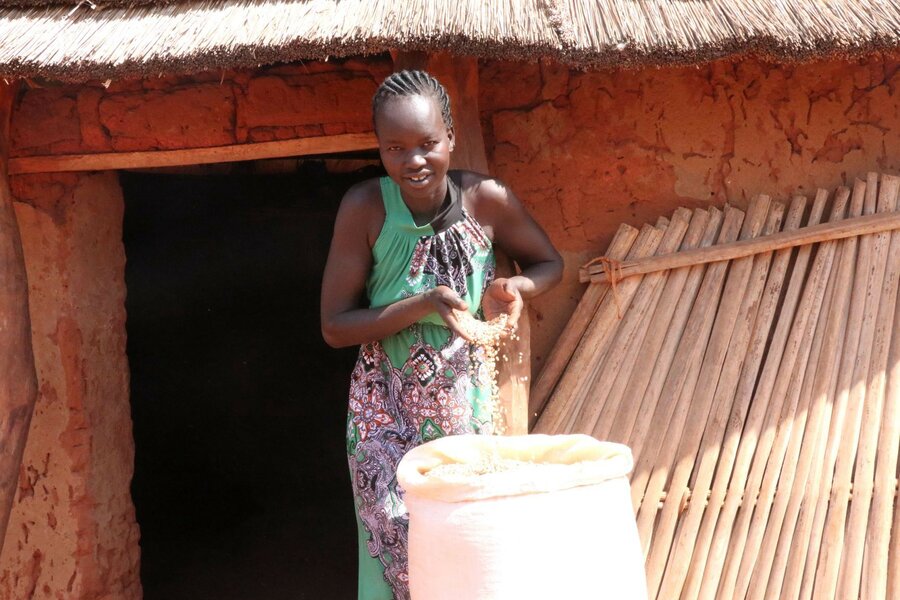
"This report is a clear call to urgent action," said Dominique Burgeon, FAO's Director of Emergencies and Resilience. "We are deeply concerned about the combined impact of several crises which are eroding people's ability to produce and access food, leaving them more and more at risk of the most extreme hunger."
Burgeon added: "We need access to these populations to ensure they have food and the means to produce food and improve their livelihoods to prevent a worst-case scenario."
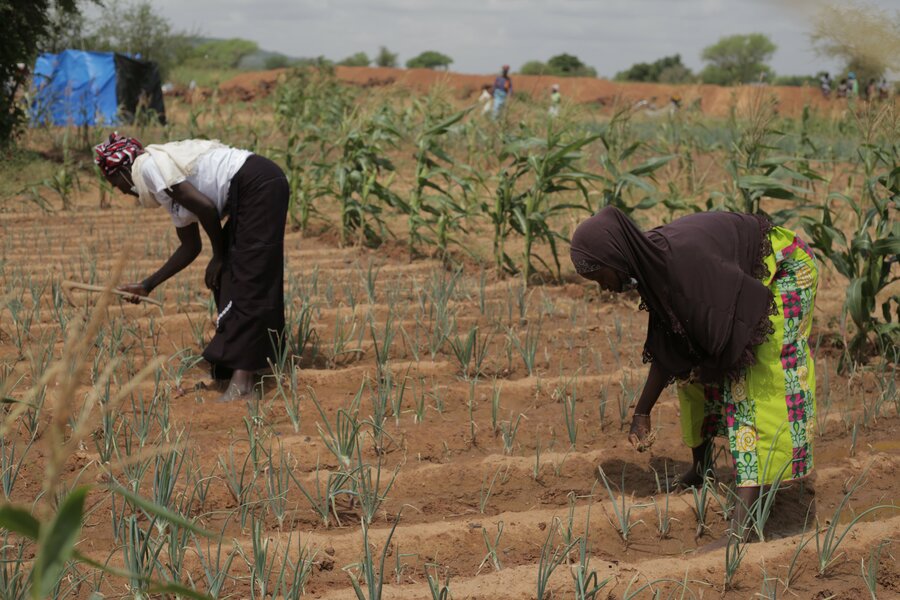
Margot van der Velden, WFP's Director of Emergencies, said: "We are at a catastrophic turning point. Once again, we face the risk of famine in four different parts of the world at the same time. When we declare a famine it means many lives have already been lost. If we wait to find that out for sure, people are already dead".
Van der Velden compared the plight of countries most at risk today with that of Somalia in 2011 when 260,000 people died — by the time famine was declared in July that year, most of those at risk had already died.
"We cannot let this happen again," she said. "We have a stark choice — urgent action today, or unconscionable loss of life tomorrow."

The FAO-WFP report points to a total of 20 countries and contexts that are at "further risk of deterioration of acute food insecurity", with key drivers of hunger including expansion and intensification of violence, economic crises exacerbated by COVID-19 socioeconomic impact, weather extremes, transboundary threats such as desert locusts and a lack of humanitarian access.
Donate Now | United Nations World Food Programme
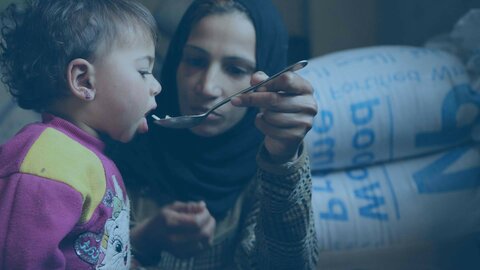
It notes that in the Democratic Republic of the Congo there are 22 million people now estimated to be acutely food insecure — the highest number ever registered for a single country. Burkina Faso has registered the biggest increase with the numbers of desperately hungry people almost tripling compared to 2019 — driven by increasing conflict, displacement and COVID-related impacts on employment and food access.
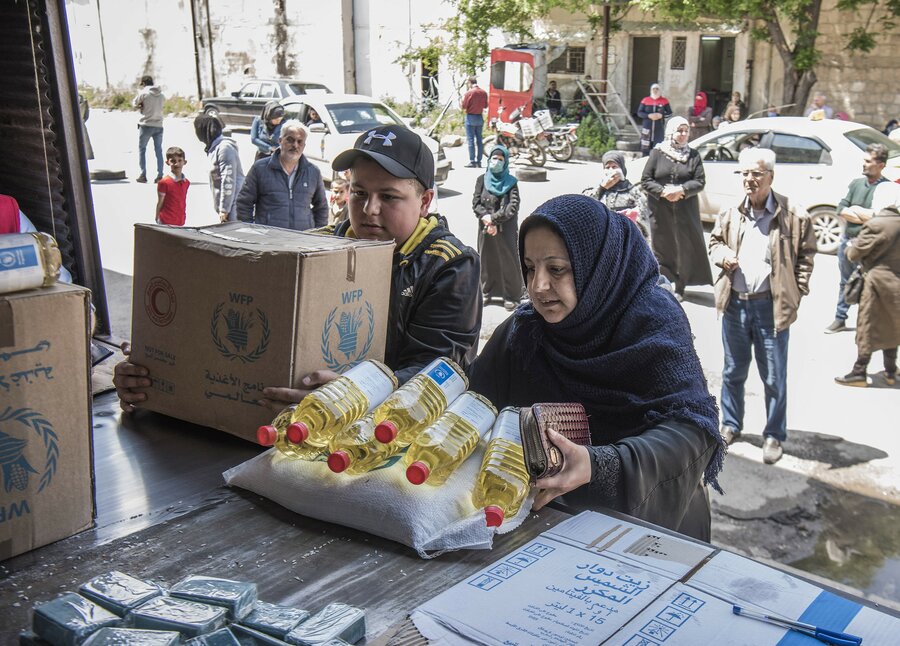
Catastrophe (famine), is the most severe of five phases used by the Integrated Phase Classification (IPC) system to chart escalating degrees of food-insecurity.
"When this extreme phase is declared, it means that people have already started dying from starvation," says a spokesperson for WFP. "The hotspots report is saying that, unless urgent action is now taken, the world could experience its first outbreak of famine since it was last declared in 2017 in parts of South Sudan."
